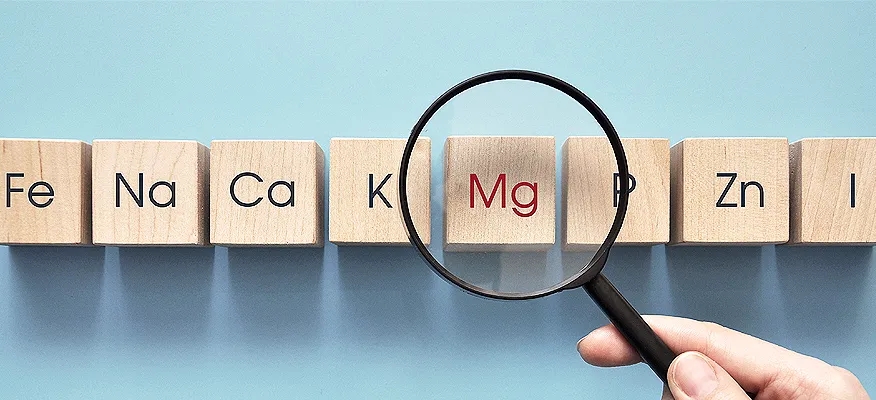Magnesium: Your Powerful Ally in Alleviating Muscle Pain & Tension
- By Dr. Lynda Odoh - Anikwe
- 10 Dec 2024
- Verified by Dr Adwoa Agyei-Nkansah

Key takeaways
- Magnesium is a crucial mineral beneficial for overall health.
- It plays a significant role in muscle relaxation and pain relief.
- Including magnesium-rich foods in your diet can help prevent deficiency.
- Overconsumption of magnesium can cause potential side effects.
- Consultation with a healthcare provider is recommended before starting supplements.
Rate our article
We'd love to know!
- 0
- 0
- 0
- 0
- The role of magnesium in pain - Magnesium in the Central Nervous System - NCBI Bookshelf
- Effects of Magnesium Supplementation on Muscle Soreness and Performance
- Magnesium - Health Professional Fact Sheet
- Magnesium and Fibromyalgia: A Literature Review - Michael Boulis, Mary Boulis, Daniel Clauw, 2021
- Magnesium - Consumer
- Magnesium in diet: MedlinePlus Medical Encyclopedia
- Myalgia | Johns Hopkins Medicine
- Nutritional and Supplementation Strategies to Prevent and Attenuate Exercise-Induced Muscle Damage: a Brief Review | Sports Medicine
- One week of magnesium supplementation lowers IL-6, muscle soreness and increases post-exercise blood glucose in response to downhill running | European Journal of Applied Physiology
Related articles
See AllFrequently asked questions
Get the information you need.
No, our body cannot produce magnesium on its own. Therefore, it is essential to include magnesium-rich foods in our diet or consider supplements, if necessary and advised by a healthcare professional.
Common symptoms of magnesium deficiency may include loss of appetite, nausea, fatigue, weakness, muscle cramps or spasms, numbness or tingling sensations, irregular heart rhythms, or palpitations. If you suspect a deficiency, it’s always best to consult with your healthcare provider.
Yes, magnesium supplements can interact with certain medications, such as antibiotics, diuretics, and medications for high blood pressure or osteoporosis. Therefore, you should always consult your healthcare provider before initiating magnesium supplementation, especially if you are on any prescribed medication.
Magnesium is important during pregnancy for both the mother's and baby's health. However, the exact dosage and need for supplementation should be discussed with a healthcare professional. A diet rich in magnesium-containing foods is usually sufficient unless otherwise advised by your healthcare provider.
Magnesium plays a crucial role in athletes' overall performance. It aids in muscle contraction and relaxation, protein synthesis, and energy production. When athletes engage in intensive workouts, their magnesium levels may decrease. By supplementing with magnesium, athletes can replenish their magnesium stores, improve their performance, and expedite recovery.
Yes, certain conditions can indeed amplify your body's demand for magnesium. Chronic diseases like diabetes and gastrointestinal disorders can affect magnesium absorption in the body. Also, with age, kidney efficiency decreases, leading to increased excretion of magnesium; hence, the elderly might need more of this mineral.
Individuals suffering from migraines often have lower levels of magnesium compared to others. Magnesium is known to restrict the action of neurotransmitters that trigger pain and dilate blood vessels in the brain, which can reduce the frequency and severity of migraines. Therefore, supplementing with magnesium may prove beneficial for those who frequently experience migraines or severe headaches.
How was the experience with article?
We'd love to know!